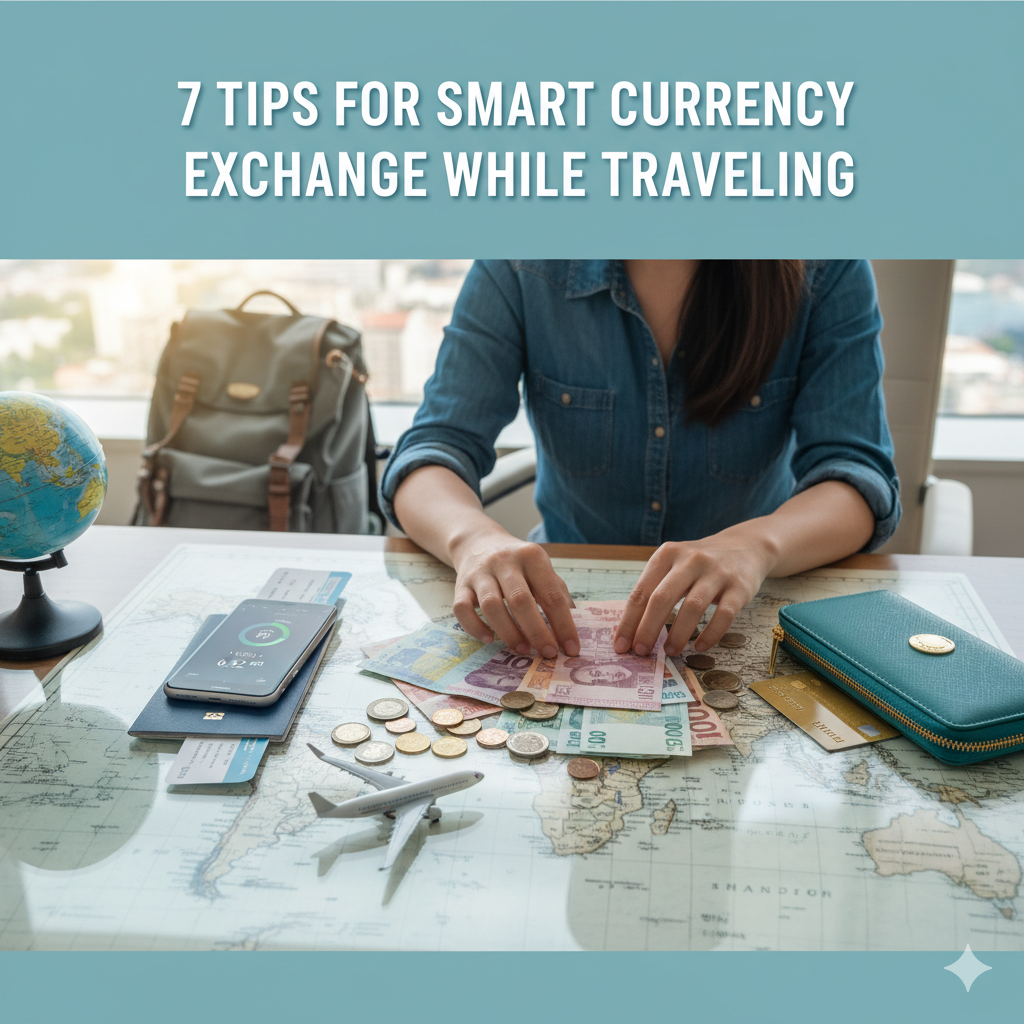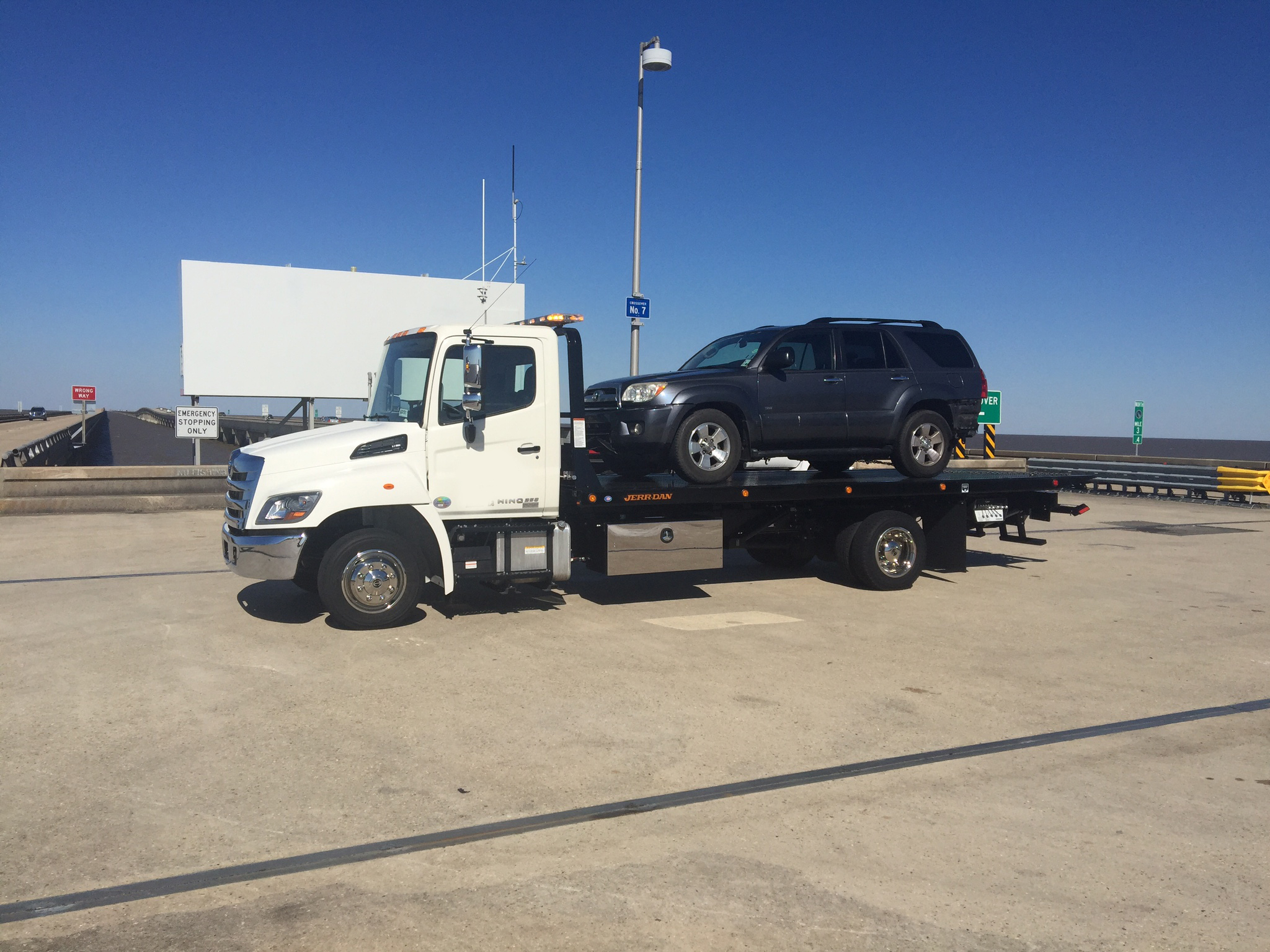
Travelling abroad can be exciting, but one of the biggest challenges for globetrotters is managing money wisely. Whether you’re hopping across Europe or exploring Asia, understanding currency exchange is crucial to avoid hidden fees and poor conversion rates.
Many travellers lose money simply because they don’t plan ahead or don’t understand how exchange rates fluctuate. The truth is, with a little preparation and smart strategy, you can stretch your travel budget further and make every penny count.
At Xuzpost.com, here are 7 practical tips for smart currency exchange while traveling, helping you make informed financial decisions and enjoy your journey stress-free.
1. Research Exchange Rates Before You Travel
Before your trip, take time to research the current exchange rate between your home currency and your destination’s currency. Rates change daily, so knowing the average helps you recognise a fair deal.
You can check official financial websites, banks, or credible platforms such as XE.com, which offer real-time updates. This baseline knowledge allows you to avoid being short-changed at airports or tourist exchange kiosks.
Pro Tip: Compare rates from multiple sources and note fluctuations a week before your trip — it helps you spot trends and exchange at the right time.
2. Avoid Airport and Hotel Currency Exchanges
Airport kiosks and hotel desks may look convenient, but they often charge higher fees and offer less favourable exchange rates. They bank on traveller urgency, so their margins are steeper.
Instead, try to use local bank ATMs or authorised money changers once you arrive. These tend to offer closer-to-market rates, especially in major cities. If you must exchange at the airport, only convert a small amount for initial expenses like taxis or food.
According to seasoned travellers on Quora’s travel finance discussions, converting large sums at airports can cost up to 10% more than standard market rates — a hefty price for convenience.
3. Use an Online Currency Converter Calculator
When you’re abroad, prices can look confusing — especially if you’re handling currencies with many zeros or decimal differences. This is where a reliable online currency converter calculator becomes essential.
Such tools let you check live conversion rates instantly on your phone, helping you make quick decisions about whether a price or deal is fair. For example, if you’re shopping at a local market or booking a tour, you can calculate the real cost in your home currency in seconds.
Beyond just conversions, these calculators teach you how far your budget stretches in different countries — empowering you to plan smarter and avoid overspending.
4. Notify Your Bank Before Traveling
Many travellers forget to inform their banks about upcoming trips. This can lead to transactions being blocked or cards frozen due to “suspicious activity.”
Call or log into your bank app before departure and set a travel notice. This ensures your debit or credit card works smoothly abroad. Also, inquire about foreign transaction fees and ATM withdrawal charges, as these can add up quickly.
Some banks even partner with international networks to offer lower withdrawal fees — make sure to take advantage of such arrangements.
5. Carry a Mix of Cash and Cards
While digital payments are growing globally, not every destination supports them. Small shops, taxis, or rural areas may still prefer cash. Conversely, carrying too much cash increases the risk of loss or theft.
A smart traveller carries both:
-
A moderate amount of local currency for daily expenses
-
A debit or credit card for larger purchases or emergencies
Keep your cash and cards separate — for instance, store backup cards in hotel safes or hidden pockets. A multi-currency wallet can also help you stay organised.
6. Exchange Money in Small Increments
Instead of exchanging your entire budget at once, do it gradually. Currency values fluctuate daily, so smaller exchanges protect you from sudden dips.
Additionally, changing money in bulk might leave you with leftover foreign currency that’s hard to convert back home without losing value.
It’s also wise to save receipts for all exchanges; some countries require them if you wish to convert leftover money before departure.
7. Consider Prepaid Travel Cards
Prepaid travel cards are becoming increasingly popular for a reason — they’re secure, convenient, and help control spending. You can preload your card with multiple currencies, lock in favourable exchange rates, and use it like a debit card abroad.
Most travel cards are chip-protected and can be frozen instantly via mobile apps if lost. They’re ideal for those who don’t want to risk carrying large sums of cash or using personal debit cards internationally.
Before getting one, compare providers’ fees, load limits, and withdrawal charges. A good prepaid card should offer flexibility, transparency, and 24/7 support.
Conclusion
Smart currency exchange isn’t about chasing the “best rate” — it’s about being informed, strategic, and cautious. Research before you go, avoid high-fee exchanges, and use digital tools like an online currency converter calculator to stay on top of real-time rates.
By following these seven tips, you’ll not only save money but also travel with confidence, knowing that every transaction is made wisely. Remember: the goal is to enjoy your journey, not stress about currency confusion.
Frequently Asked Questions
Q1: Is it better to exchange money before or after arriving at my destination?
A1: Generally, it’s best to exchange a small amount before your trip for immediate expenses, and the rest after you arrive — local ATMs or exchange offices often provide better rates.
Q2: Should I pay in local currency or my home currency abroad?
A2: Always choose to pay in the local currency. Dynamic currency conversion often results in hidden fees and worse rates.
Q3: Can I use credit cards everywhere while traveling?
A3: Not always. Major cities accept cards widely, but rural or remote areas may prefer cash, so keep a balance of both.
Q4: How can I avoid high ATM withdrawal fees?
A4: Withdraw larger amounts less frequently, use partner bank ATMs, or opt for travel cards with no foreign transaction fees.
Q5: Is it safe to exchange money at local markets or small shops?
A5: Only if they are licensed. Always look for official exchange boards, receipts, and transparent rate displays.




